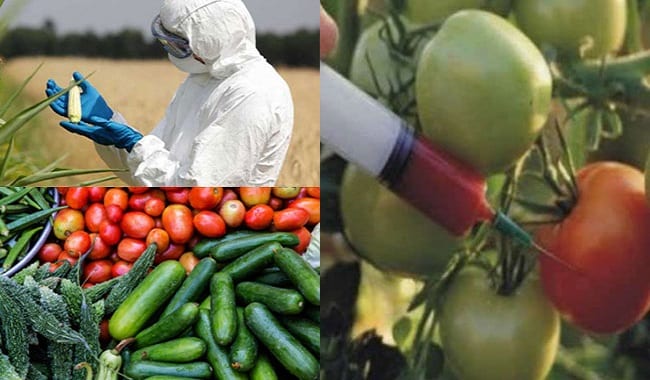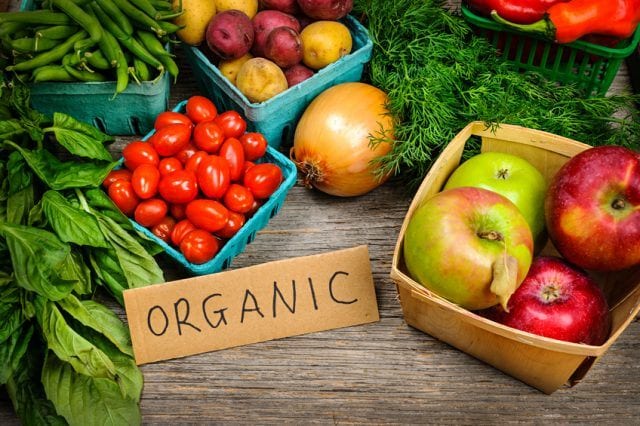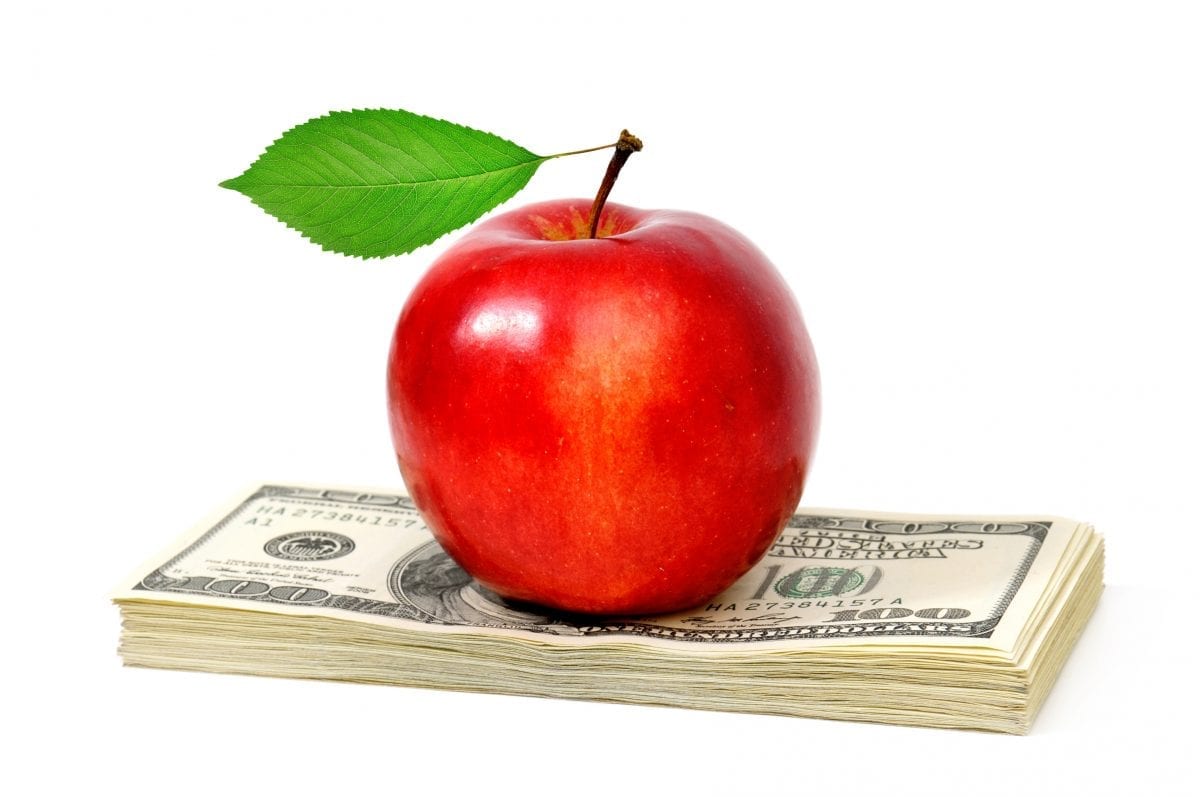What Pisses Me Off: Why Is healthy food so expensive? Eating healthy makes sense. However when you’re working endlessly to pay the bills and put food on the table, sometimes the price of eating healthy can really add up.
What Pisses Me Off: Why Is Healthy Food So Expensive?!
Chemicals, pesticides, unnatural hormones — oh my! Three things we shouldn’t be exposed to in any way let alone eating. Knowing how harmful all these things are and how much impact nutrition has on health, I take conscious efforts to eat organic and my bank account is paying the price; what really pisses me off these days is the higher cost of healthier foods.
Having good health is priceless. I really believe that but as a modern girl living in an expensive world, I have bills to pay and a budget to uphold (tips on budgeting are here). As much as I appreciate the importance of eating clean, chemical-free, organic foods, it does feel like it’s breaking my bank account at times. I also find it heartbreaking when I see the overall increase in disease and the impact diet is having on our health (diabetes for example continues to increase worldwide; India is projected to have 109 million individuals with diabetes by 2035).

More research continues to be released on how harmful food that have gone through a lot of processing, contain artificial flavouring, high fat and or unnatural hormones (dairy from cows that have been given steroids for example) so as I’ve matured, like many, I’ve traded in the sugary snacks from my teenage years (like candy berries) to healthier options (like blackberries).
What pisses me off about that trade is that it costs more money. My body now prefers eating fruits and vegetables; I feel much lighter and have more energy when I make healthy choices. This isn’t new science (or rocket science); ancient traditions like Ayurveda for example, have been promoting the importance of diets heavily revolving around fruits and vegetables for centuries.
What’s concerning is that I want to do the right thing for my health but despite the availability for healthier choices increasing, the cost of eating those pesticide, chemical-free, “organic” fruits and vegetables is not necessarily decreasing. Frankly, with everything we know, it’s disappointing that pesticide laden fruits and vegetables are still being sold but the reality is they are because they are cheaper to produce and generate more profit. As consumers, we need to educate ourselves on the dangers of consumption.
In hopes to help and fueled by my frustration of paying $8 CAD for four organic apples earlier this year, I want to share some tips I’ve learned along the way to help make choosing organic produce more financially feasible;
- Repeat “good health is priceless” every time you head to the grocery store. Sometimes I’m still shocked at the difference in price between non-organic fruits and vegetables and regular ones…so much so that it makes me hesitant to buy those apples. It’s helpful to remind myself this phrase and that the cost of getting sick can be much higher…proper nutrition is one method to help prevent illness so it’s an investment worth making. Sacrifice going out for dinner if you need to (I also remind myself that my organic fruits for the week are still less than one fancy meal out and that helps).
- Don’t assume organic is always much My experience was specific to apples at one grocery store. To be honest, it got me worried about a huge difference in price in all my fruits and vegetables and my fear started driving me back to non-organic produce. I took a mindful pause about this, put my paranoia aside and started paying more attention to the produce section. I discovered that some organic produce is much higher, but some isn’t (in the same grocery store, organic cucumbers only cost 20 cents more than non-organic). I suggest a fieldtrip to your grocery store (not when you’re preoccupied with doing grocery but as research). Grab a friend and make it a fun outing and/or self-care practice where you take notes of the differences in price points to budget accordingly.

- Shop around. When I was young, I used to get frustrated with my mom for going to a variety of grocery stores in the same week…I didn’t understand why she didn’t get everything from one store in one trip. Now I understand the importance of shopping around. I agree convenience matters but if your closest grocery store lacks the organic produce or it highly inflated, it’s worth making a trip to another. Practice the same “field-trip” exercise at a few stores around you – it may be worth the taxi/gas cost to go to a store a bit further (remember good health is priceless).

- Focus on fruits/vegetables in season. This can help you get fresher produce at a lower cost. Based on where you live (countries have different food laws), focus on local produce if you can’t do organic as it’s likely fresher because it’s gone through less transport/handling. Organic produce in season can also be less expensive because availability increases.
- Do what you can, even small steps move you forward. I wish I could tell you I only buy organic and have daily, beautiful moments drinking coconut water straight from a coconut like the glowing, wellness influencers we see on Instagram but I’m here to be real, not paint an exaggerated picture of perfection. Be gentle with yourself as you transition to increasing your knowledge and opening your purse strings to more organic produce. If you can’t do it all, don’t give up, even swapping out 1-2 fruits is better than none. Make smart choices that will make the most impact; for example, I’ve committed to buying organic for fruits without a shell/thick peel (apples and berries for example) but I’m less strict on ones that naturally have more protection from pesticides (pineapples and bananas for example).
Main Image Photo Credit: www.foodnetwork.com
Rachna Sethi
Author
Rachna (@thesassyspiritual) is a graduate of the Applied Mindfulness Meditation program from the University of Toronto, a certified Educator with two bachelor degrees and a diploma in Art Therapy. She's dedicated to living with a compassionate approach. Committed to helping people integrate Mindfuln...














































































































